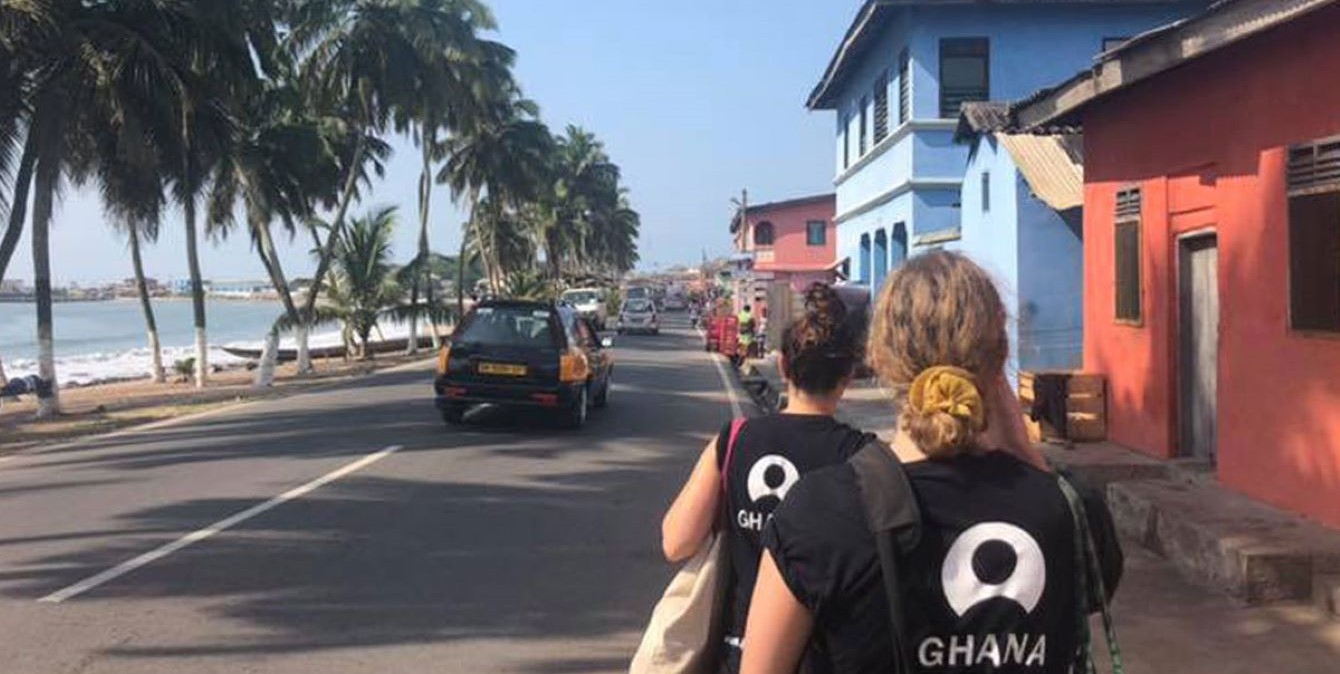Discover Raja Ampat, Indonesia's diving paradise in the Coral Triangle. Explore rich marine life, pristine waters and unique dive sites like Misool and Cape Kri.
GVI
Posted: July 10, 2024

GVI
Posted: March 9, 2023
Ghana is a country with a fascinating history that dates back centuries. Located on the Gulf of Guinea, Ghana is known for its beautiful beaches, lush rainforests, and vibrant cities. The country is home to over 100 ethnic groups, each with its own unique traditions and customs. Understanding Ghana’s history is important for appreciating its rich culture and society.
Ghana’s early history is shrouded in mystery, but it is believed that the region was home to several powerful kingdoms, including the Ghana Empire, the Mali Empire, and the Songhai Empire. These kingdoms were known for their wealth and power, which were based on the control of the trans-Saharan trade routes. During this time, Ghana was also a major center for the transatlantic slave trade, which had a significant impact on the region’s economy and culture.
One of the most powerful kingdoms in pre-colonial Ghana was the Ashanti Kingdom, which emerged in the late 17th century. The Ashanti Kingdom was known for its sophisticated political and economic system, as well as its rich cultural traditions. The kingdom was also involved in several conflicts with the British colonial authorities, which ultimately led to its downfall.
Ghana was colonised by the British in the late 19th century, as part of the scramble for Africa. The country was known as the Gold Coast, due to its significant reserves of gold. During the colonial period, Ghana experienced significant changes in its economy, society, and culture. The British introduced Christianity and Western education, which had a profound impact on the country’s cultural and social life.
One of the key figures in Ghana’s struggle for independence was Kwame Nkrumah, who became the country’s first president in 1957. Nkrumah was a leading advocate for Pan-Africanism and played a key role in the formation of the Organization of African Unity. Ghana’s independence marked a significant turning point in the country’s history, as it became the first African country to achieve independence from colonial rule.
Ghana’s post-independence period was marked by both progress and challenges. The country experienced significant economic growth in the 1960s, but this was followed by a period of decline in the 1970s and 1980s. Ghana has since undergone a series of economic reforms, which have helped to improve its economy and promote development.
Ghana’s political history has also been characterised by both progress and setbacks. The country has experienced several coups and periods of military rule, but it has also made significant progress in democratisation. Ghana is now regarded as one of the most stable and democratic countries in Africa, with a vibrant civil society and a free press.
Today, Ghana is a country that is undergoing significant changes, both socially and economically. Ghana’s economy has grown rapidly over the past few decades, with a focus on developing its agriculture, mining, and petroleum sectors.
Ghana is also making strides in human development, with improvements in healthcare, education, and gender equality. The country has made significant progress in reducing child mortality rates and improving maternal health, with increased access to healthcare services and medical supplies. In addition, Ghana has made great strides in the area of education, with a literacy rate of over 76%, according to the United Nations Development Programme (UNDP).
In terms of social and cultural life, Ghana is known for its vibrant music, dance, and art scenes. Ghanaians are proud of their cultural heritage and are known for their hospitality and warmth towards visitors. The country is also home to several national parks and wildlife reserves, such as the Mole National Park and the Kakum National Park, which attract tourists from all over the world.
Ghana’s population is predominantly made up of young people, with over 60% of the population below the age of 25. This young population presents both opportunities and challenges for the country, as it seeks to provide education, healthcare, and employment opportunities for its youth.
Despite the progress made, Ghana still faces several challenges, including poverty, inequality, and corruption. The country is also vulnerable to climate change and environmental degradation, with deforestation and soil erosion being major issues.

Volunteering in Ghana with GVI is an opportunity to make a positive impact on the country’s development, while also experiencing its rich culture and history. Volunteers can work on a range of projects, including education, healthcare, community development, and environmental conservation.
However, volunteering in Ghana can also be challenging, as volunteers may have to adapt to new environments and cultural norms. It is important for volunteers to have a realistic understanding of the challenges they may face and to be prepared to work in a cross-cultural environment.
Ghana is a country with a rich history and a vibrant present. From its pre-colonial kingdoms to its post-independence struggles and achievements, Ghana’s history has shaped its culture and society. Today, Ghana is a middle-income country that is making significant progress in human development, while still facing several challenges. Volunteering in Ghana is an opportunity to make a positive impact and learn about the country’s culture and history.

Discover Raja Ampat, Indonesia's diving paradise in the Coral Triangle. Explore rich marine life, pristine waters and unique dive sites like Misool and Cape Kri.
GVI
Posted: July 10, 2024